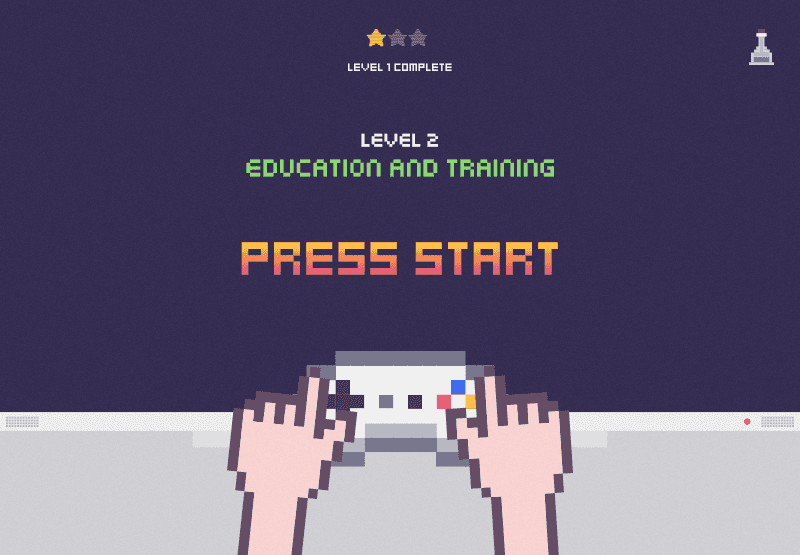
May 09, 2017
In the first part of our series we looked at how to plan and get started for a career as a video game designer, taking a look at what a game designer actually does, who typically employs them and the potential for earning good money. In this second part we’re going to look more closely at education and training.

If you have spent any time researching a career in game design, then you probably already know that the most current game design training is needed. This industry is growing; however, it remains extremely competitive. Therefore, it is essential to have expert knowledge of the entire game R&D process. If it is your goal to work for a game studio or to design your own games, you need training as a programmer and in graphic design or art.
Degree Programs for Game Design
Many universities offer courses in computer science. However, designers may need a bachelor’s degree if they are planning to work for large game studios. Although some colleges offer a degree in game design, aspiring game designers can get the necessary training from computer science, software engineering, or related degree programs.
Required Coursework
The required coursework for game design programs cover subjects like 2D, 3D and CAD modelling and animation. They also include level and interface design. Other courses needed are in storyboard rendering, drawing, and scripting.
Co-Curricular Activities
Many schools have a club for students who wish to work on game design and development outside of the classroom. If your school or program doesn’t offer a game design club, join their AV club instead.
Coding Bootcamps are a great way to learn a lot in a short period. These are often available free or low-cost through various schools or communities. There are also some free camps available online.
Extra-Curricular Activities of a Video Game Designer
It’s important, also, that you regularly play video games. As simple as that sounds, you need experience as a game player. It helps you become aware of the most modern trends in the industry. Understanding the most current advanced gaming technology can also be beneficial. Pay attention to how games are structured and begin to think of ways you would improve them. Make notes for when you begin to design your own game.
Some employers will require a bachelor’s in video game design or related computer science program, while for others A-levels will be the minimum requirement. To make up for insufficient formal education, you may need to have experience working within the computer science, or graphic arts industry. You will need to possess an understanding of programming languages, software design, and modelling programs.
Next week, we’ll take a close look at how to finally launch your career.
Recent Posts

August 27, 2025
How to Find the Right Learning Path When You’re Switching to a Tech Career
See post

August 27, 2025
The Hidden Challenges in Software Development Projects: Key Insights from Our Latest Survey
See post

August 22, 2025
Developer News This Week: AI Speed Trap, GitHub Copilot Agents, iOS 26 Beta Updates & More (Aug 22, 2025)
See post